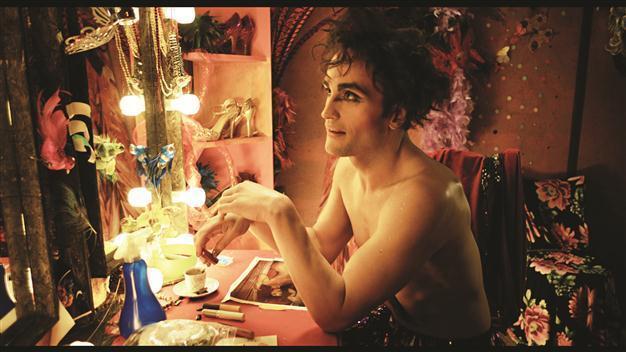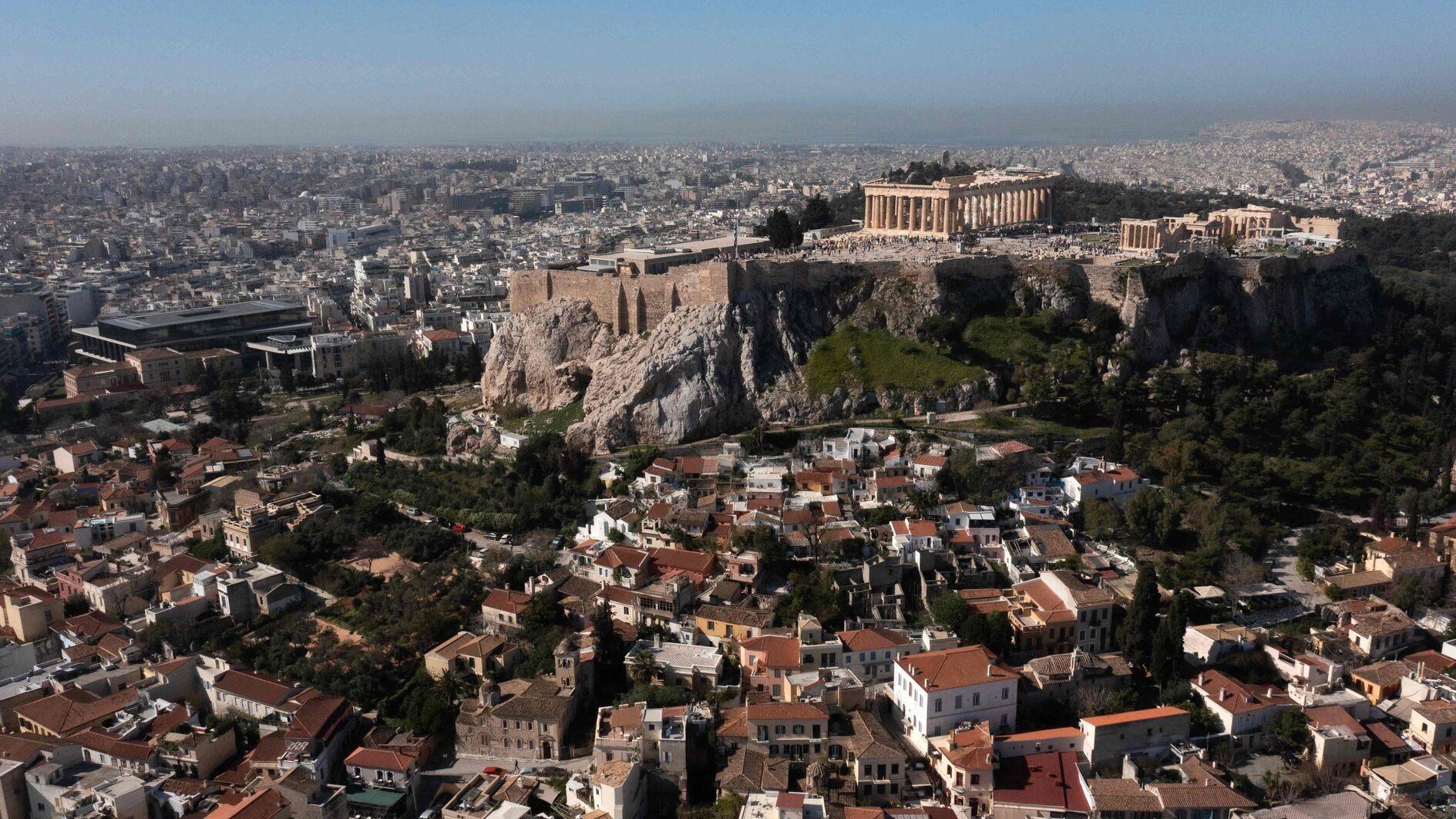'Zenne Dancer' might alter the course of Turkish gay cinema
EMRAH GÜLER ANKARA - Hürriyet Daily News

ZENNE
It has always been tricky to define gay cinema with clear-cut definitions. We can talk about Turkish cinema or Iranian cinema, a group of films made by filmmakers of a specific country, and more often than not for the people of that country.When it comes to gay cinema, however, do we talk about films made by openly gay filmmakers? Do we include films that portray same-sex relationships? Do these films have to somehow advance the LGBT cause or contribute to the agenda of gay activists?
Can we include “Philadelphia,” the Hollywood drama with gay characters but conservative sensibilities and the self-important Tom Hanks into this category? What about the mainstream classics like “The Great Escape,” dubbed as “a homosexual mystery story” by the film critic Parker Tyler, or Alfred Hitchcock’s “Rope,” portraying gay men as sociopaths?
This week’s award-winning, much-anticipated “Zenne Dancer,” with its gay characters and tackling of themes relevant to the LGBT communities in Turkey, brings to discussion once again the existence, or lack thereof, of gay Turkish cinema.
Based on the true story of Ahmet Yıldız, a gay man murdered by his father in 2008 after coming out to his family, the film openly deals with cultural and legal issues through three characters, an out-and-about flamboyant dancer, a gay man coming from conservative eastern Turkey and a German photojournalist whose point of view serves as the questioning eye on many guises of patriarchy that haunt gay men.
“‘Zenne’ is a very special film for us,” said Umut Güner, spokesperson for Kaos GL, an LGBT organization, and writer for Kaos GL magazine. “It brings to the screen some of the important issues for the LGBT cause such as hate crimes, the complications for gay men to forego the mandatory military service and coming out.”
Why “Zenne” is a very special film for Güner and many of his activist friends has to do with the real-life story that inspired the movie. “Ahmet Yıldız was a friend of ours,” Güner said. “The film stands in an important place where cinema and the LGBT movement in Turkey meet.”
Is there Turkish gay cinema we could talk about? “There are some examples that could be classified as part of gay cinema,” said Güner, “but, gay, bisexual and transgendered individuals have been portrayed as marginalized characters, included into the films to add flavor, more often than not reinforcing dated stereotypes.”
In an article published in Kaos GL magazine, Aydın Öztek cites 1962’s “Ver Elini Istanbul” (Give Me Your Hand, Istanbul) as the first gay-themed movie, with the first same-sex kiss among two women. The same article reminds us that the veteran film critic Agah Özgüç’s “An Anthology of Turkish Cinema through 100 Films” included only two gay-themed movies.
“Turkish cinema deems homosexuality invisible, and when visible, generally there is misrepresentation. Gay characters are merely transsexuals, and there is this exaggerated depiction of femininity and masculinity,” Güner said. “The Turkish films take the assumption that every character in the movie, as well as every member of the audience, is straight, except when there is a gay character included for the purposes of comic relief, or an over-the-top transsexual character.”
There are the stand-out gay movies that do not treat gay characters as the “other” for Güner, those that “do not objectify the gay characters.” Turkish-Italian director Ferzan Özpetek’s internationally-acclaimed “Hamam: The Turkish Bath” is one of them. Playing like a sensual travelogue, the 1997 film sees its protagonist Francesco explore Istanbul, along with his homosexuality, without falling into the boundaries of established norms of sexuality, sexual practices and clear-cut gender definitions.
Another film Güner lists is 1993’s “Gece, Melek ve Bizim Çocuklar” (The Night, the Angel and Our Gang), late director Atıf Yılmaz’s heart-wrenching look at sex workers in Istanbul. Güner cites another film that journeys into the underbellies of Istanbul, “Teslimiyet” (Other Angels). Director, writer and producer Emre Yalgın’s debut feature of 2010 is at once a brave attempt to shine a light on the lives of the transgender community in Istanbul, with LGBT activists among the cast and the crew.
With merely a dozen examples in the history of Turkish cinema, we can hardly talk about the existence of gay cinema, let alone an accurate and honest portrayal of gay characters and LGBT communities in general. Güner’s words ring true for a cinema that could hopefully change with the mainstream popularity of “Zenne Dancer”: “Turkish cinema doesn’t acknowledge the existence of LGBT communities, and neither does it look at their problems.”
















